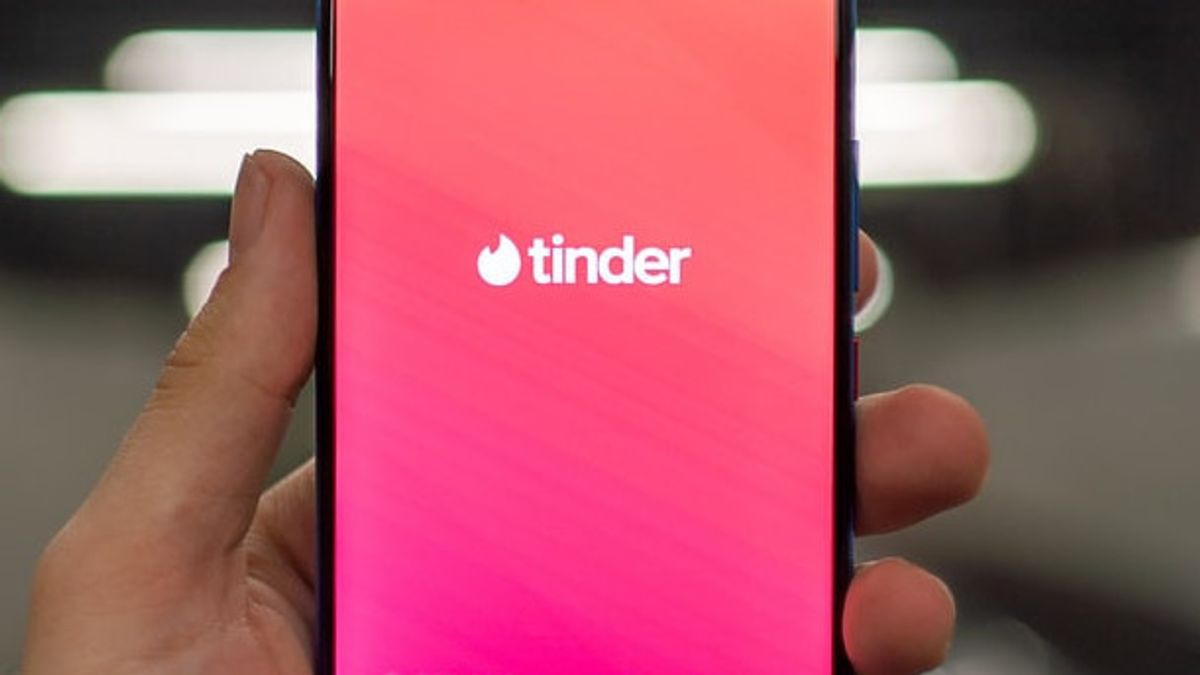JAKARTA— Crypto scams have found a new home in dating apps, where bad actors are targeting users on three continents on their journey to find dates. Instead of getting a date, the user goes straight into a fraudulent investment scheme that has scammed them out of millions of dollars.
The methods are new, but the end result is the same, poor amateur investors and rich con artists. There are many ways in which such scams are executed. Phishing attacks are common and are usually launched to steal data and crypto storage with links offering a gateway to accounts using scare tactics.
Social media only makes matters worse, as creators with different levels of influence can be duped themselves, while their endorsement convinces followers to take the bait.
However, fake mobile apps have emerged as a real threat in recent times. They are available from both legitimate sources like the App Store and Play Store, as well as fake destinations that mimic the appearance of these verified app repositories. Malicious parties often use URLs that look like the real deal and land users on web pages that look like official app listings, complete with fake reviews and ratings.
As per research conducted by Sophos, users across Asia, the United States, and European countries such as the UK, France, and Hungary have recently been targeted through dating platforms to avoid crypto scams.
For example, one suspicious Bitcoin account tracked as part of the investigation showed money transfers worth more than USD 1.39 million. But the overall scale of the scam might actually be much bigger with more scammers and accounts involved. A more worrying aspect is that in some cases the distribution of fake apps takes place by leveraging official channels for the company, such as Apple's own Developer Enterprise program.
Apple has used the latest scenario to make a case against sideloading, as the program allows companies to distribute confidential apps without the usual app review process.
The modus operandi for the aforementioned crypto scams includes several steps but always starts on dating apps like Bumble, Tinder, and Grindr. First, potential victims are contacted through this dating application. Then the conversation was transferred to another messaging platform where the fake investment scheme was explained in detail.
Once confirmed, users are asked to download a fake investment app where they are asked to make a deposit to the trading scheme. In most cases, scammers also use legitimate secondary apps like Binance to transfer cryptocurrencies.
SEE ALSO:
Finally, after a small initial deposit, scammers give users instant profits to convince them that it is legit. But when larger deposits are made, the scammers run away.
As far as downloading fake apps goes, the bad actors share a URL that looks and feels like an App Store listing, assuring victims that it's a legitimate App Store page where it has gone through a rigorous safety and security check process.
As per investigation, most of the targets of these loves are iPhone users, with the general assumption that they may be wealthier than those with Android phones. In some cases, someone lost as much as 63.000 pounds to one of these crypto-dating scams.
Scams like this, paired with the cryptocurrency-related ransomware problem, have concerned regulators as they look for solutions to curb such financial frenzy.
The English, Chinese, Japanese, Arabic, and French versions are automatically generated by the AI. So there may still be inaccuracies in translating, please always see Indonesian as our main language. (system supported by DigitalSiber.id)













